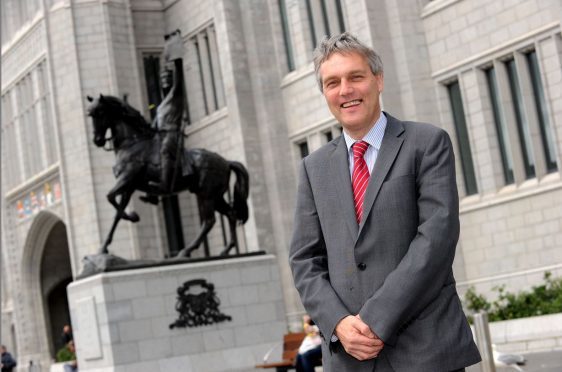Joe Churcher
A record £1.3million worth of false claims for council tax discounts has been blamed on the financial squeeze facing Aberdeen households.
City council finance convener Willie Young said it came as no surprised that people would “chance their arm” as they struggled to balance the books.
Nearly 1,000 people were caught seeking a 25% cut in their bill for being a single-person home last year when they weren’t eligible.
The claims were blocked after the council cross-checked with the electoral register and found others lived at the properties.
It was the highest number recorded by any local authority in Audit Scotland’s latest national fraud initiative – which encourages the use of better data checking to expose false claims and save taxpayers’ cash.
Mr Young stressed he did not believe all 993 rejected claims were deliberate fraud, but added: “There’s hard times in Aberdeen. That is perhaps why some people have made applications. People will chance their arm.
“It’s good that we’ve detected the fraud in the first place. It is always easier to not give the money than to give it and to try to get it back.
“It is for people to make applications and for us to determine where people are entitled to the money and where they are not.
“Where we do pay out mistakenly or through fraud, we will always try to get it back.”
The applications caught as part of the anti-fraud initiative were halted before payments were made.
Across Scotland, public bodies identified £16.8million of potential fraud and other wrong payments, the Audit Scotland report said.
Action was in hand to recover £4.5million already paid out.
Other common area included the use of blue badge disabled parking permits issued to people who had died, pensions paid to people who returned to work and students claiming housing benefit.
The report criticised Aberdeenshire Council for failing to fully engage with the latest exercise – which the authority blamed on a lack of staff.
But it has since dealt with 73% of 2,309 recommended data matches.
Head of finance Alan Wood, said fraud prevention formed part of its work “on a daily basis.
“We are progressing well with dealing with the matches identified in the 2014 NFI exercise and we have already begun considering how best to approach the one this year so we can return to our previously good level of performance.”
